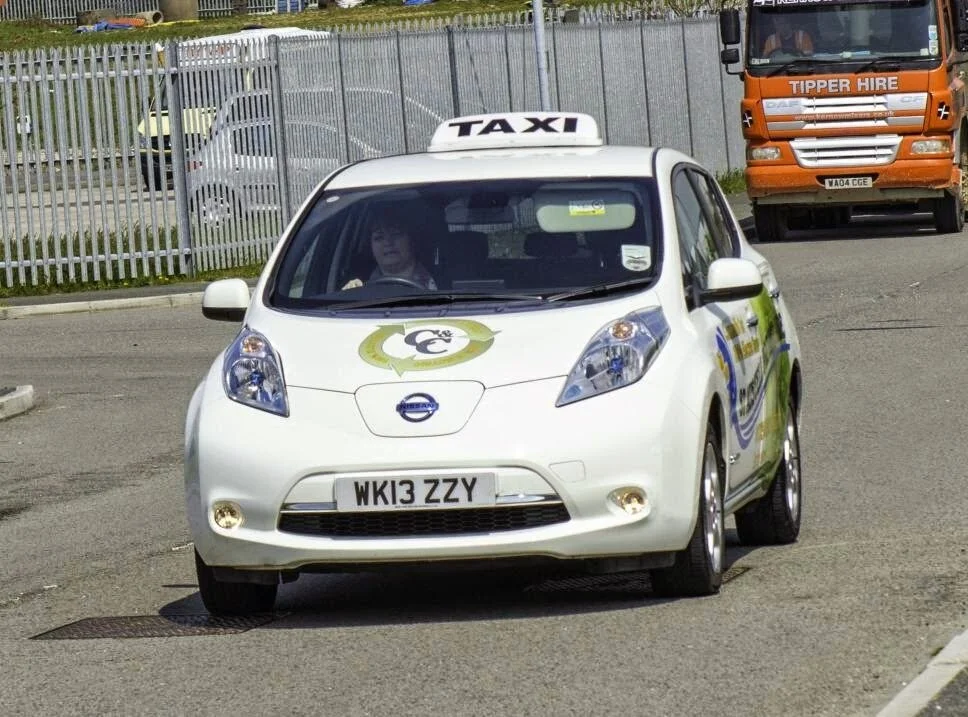Batteries in electrical cars may last a lot longer than the source of batteries found in your phone or laptop, but how much longer?
While it is true that electric cars lose battery capacity over time, the continuing advances in technology, in precise degradation, are difficult to define as a whole. The main factor is all down to the owner and how they treat the battery. The way energy is added, the way it is removed and how many charging cycles the battery experiences.
Look after your battery and your battery will look after you.
It isn't uncommon to see Tesla or other electric cars with a hundred thousand miles on the odometer and experiencing battery degradation less than 10%. For example, Wizzy a Nissan LEAF taxi from England, it accumulates up more than 170,000 miles on its original battery before being sold to another happy owner.
So there are a number of factors that help batteries stay healthy.
It may seem slightly counter-intuitive but lithium batteries don't like to be fully charged because heat is the enemy of battery systems, and lots of heat is generated by both rapid charging and keeping the battery at high voltage. While batteries like to be cycled in use, the general rule is not to be too reliant on rapid charges nor to overcharge the battery or let it go completely flat. Instead, it's advised to drive and charge your EVs in that happy middle ground.
Between 20 and 80%, lots of heat is also produced.
When you select a ludicrous plus mode on a Tesla, it actually warns you that you'll be impacting the battery life. Fortunately, most electric cars are fitted with sophisticated battery management systems that can regulate power. If you're doing too many drag races, as well as create artificial buffers at the top and bottom of a battery's capacity to ensure cells in the battery pack, don't over-charge or over-discharge.
Battery management systems and performance of EVs like the Porsche taken for example, can even work with satellite navigation, so it knows to precondition the battery when approaching a charging station. The temperature is another factor that needs consideration because extremes of heat and cold can negatively impact a car's battery life.
This is where battery packs that feature active thermal management degrade less than those that rely on air cooling because they're better at maintaining the stable temperature range for them. Battery car makers are well aware that potential buyers are concerned about the longevity of electric car batteries, which is why these specific warranties often far exceed typical vehicle warranty.
With a different range of equipment available for different variations of environment testing, ETS solutions have all systems that are designed to meet the requirements of endurance testing and offer superior performance as well as reliability.
All our testing equipment complies with the required testing standards. See ETS Solutions Asia Products →
For any challenges in battery testing don’t hesitate to contact us. We are here for you!







